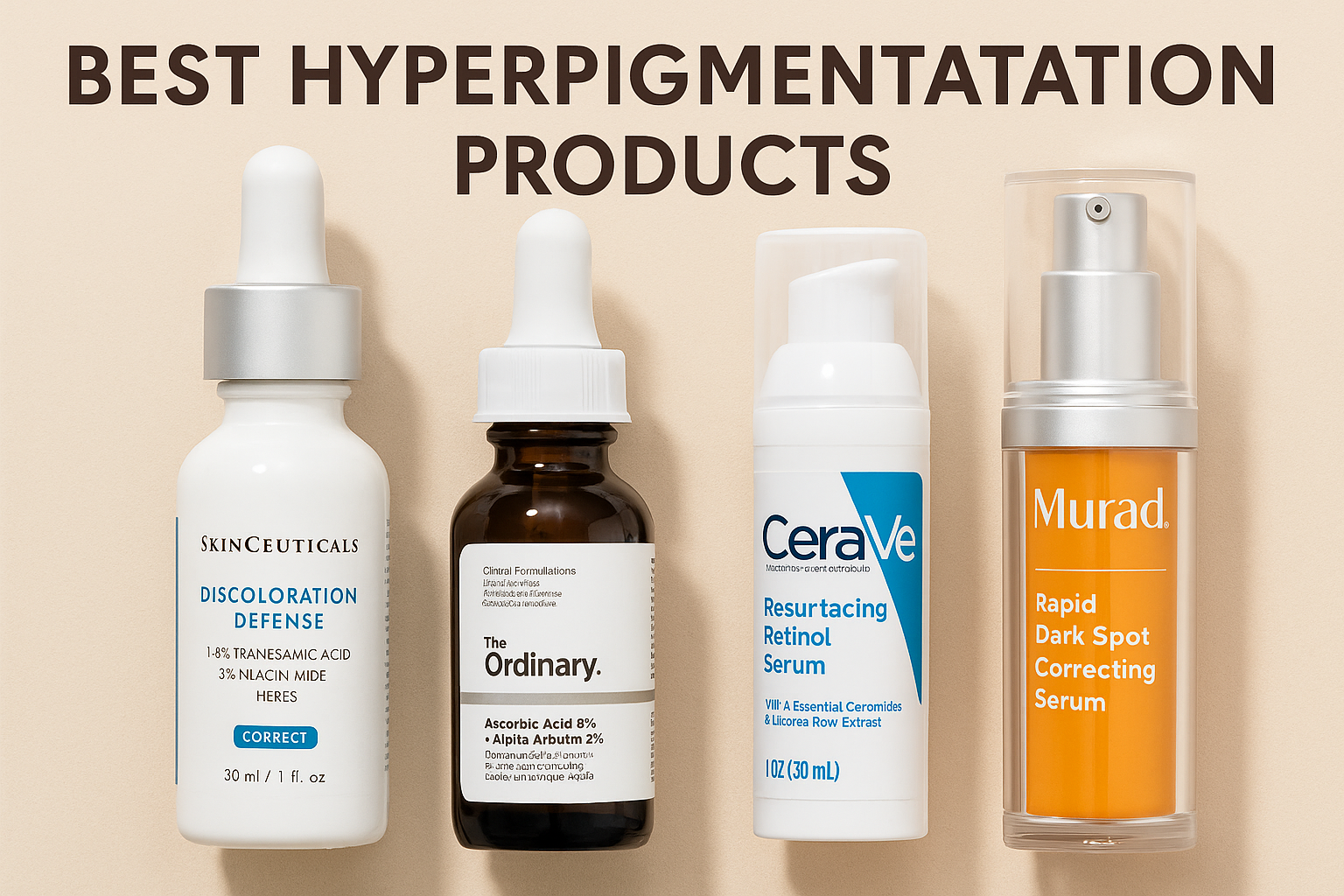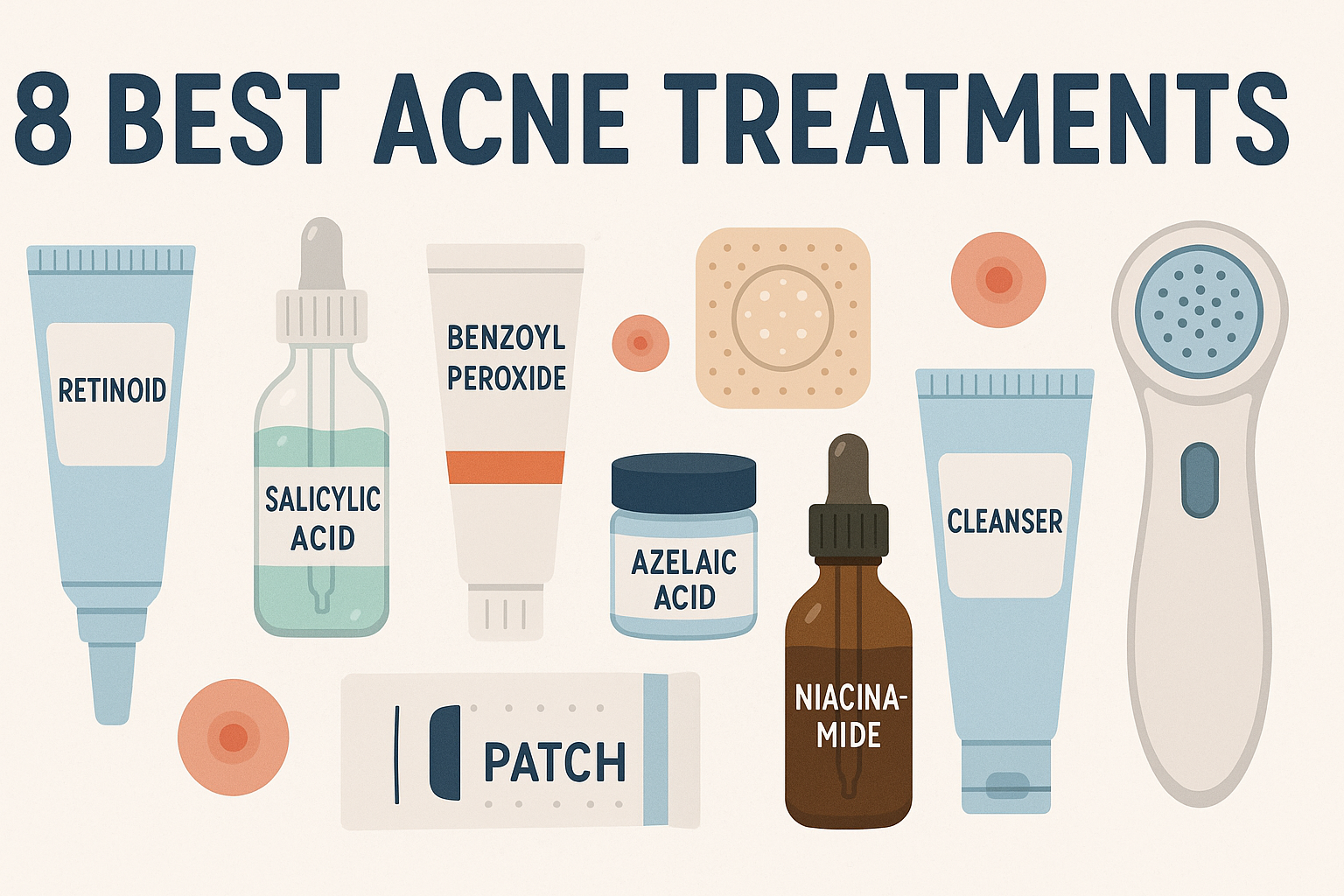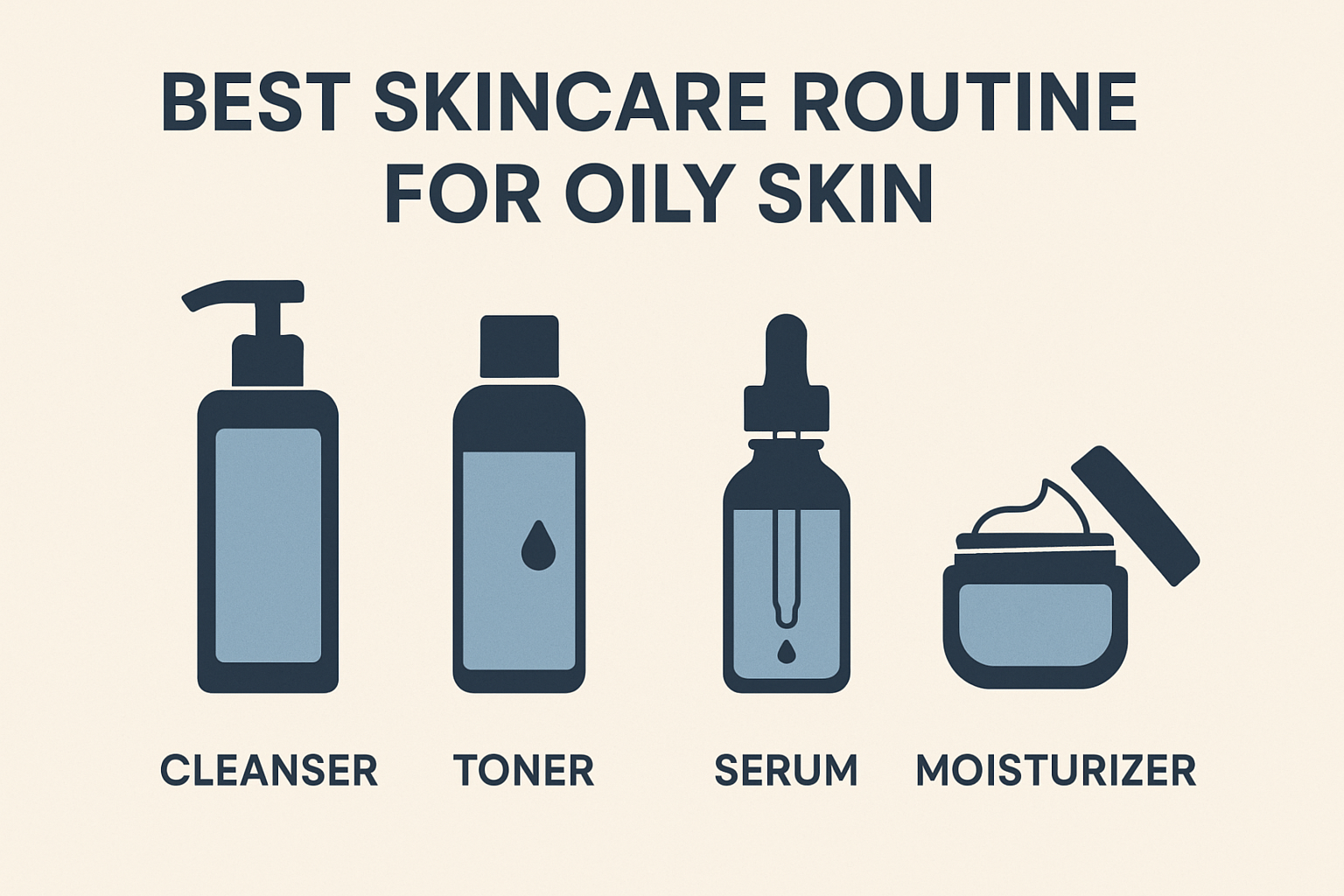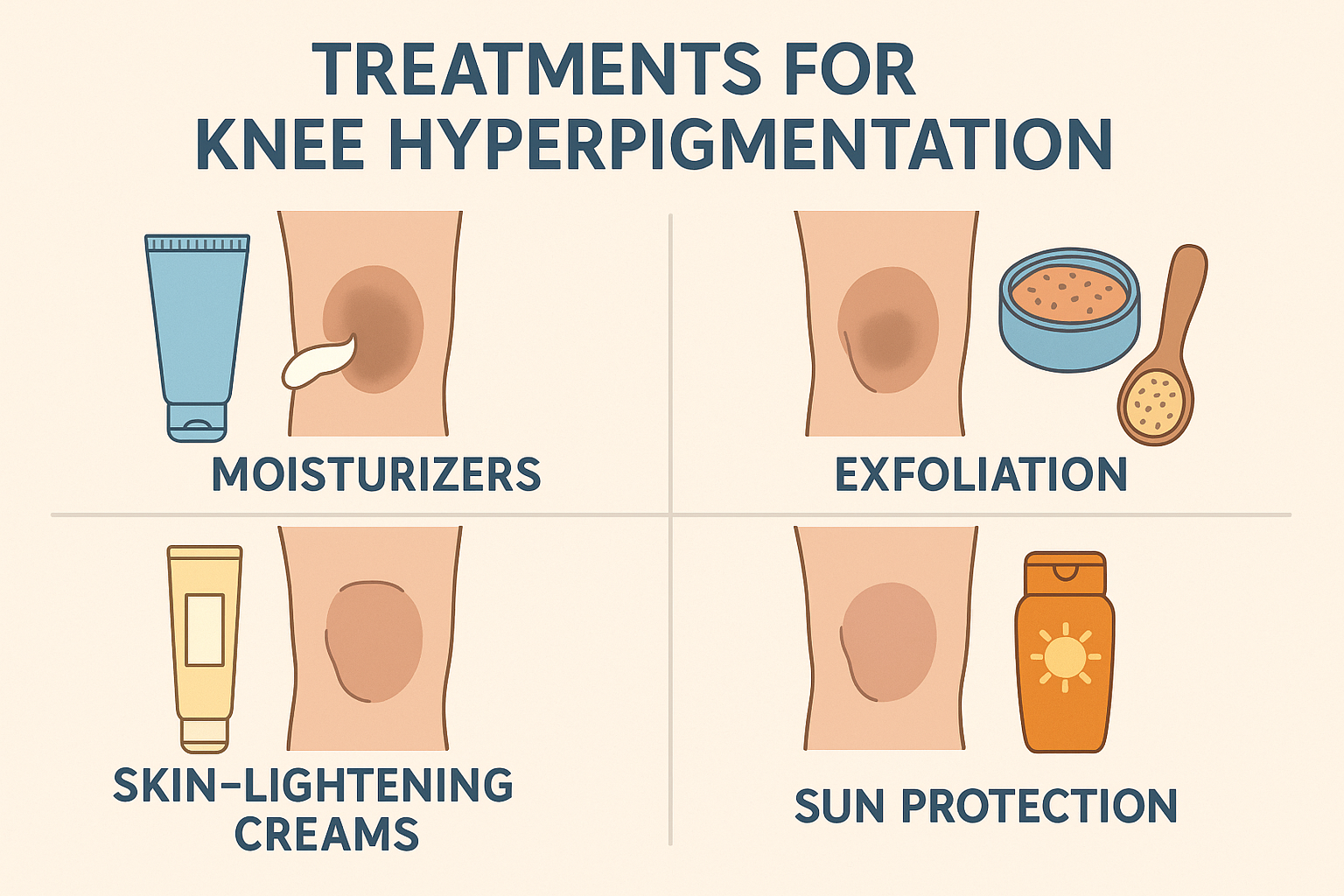Almond Oil Benefits for Glowing, Hydrated Skin Revealed
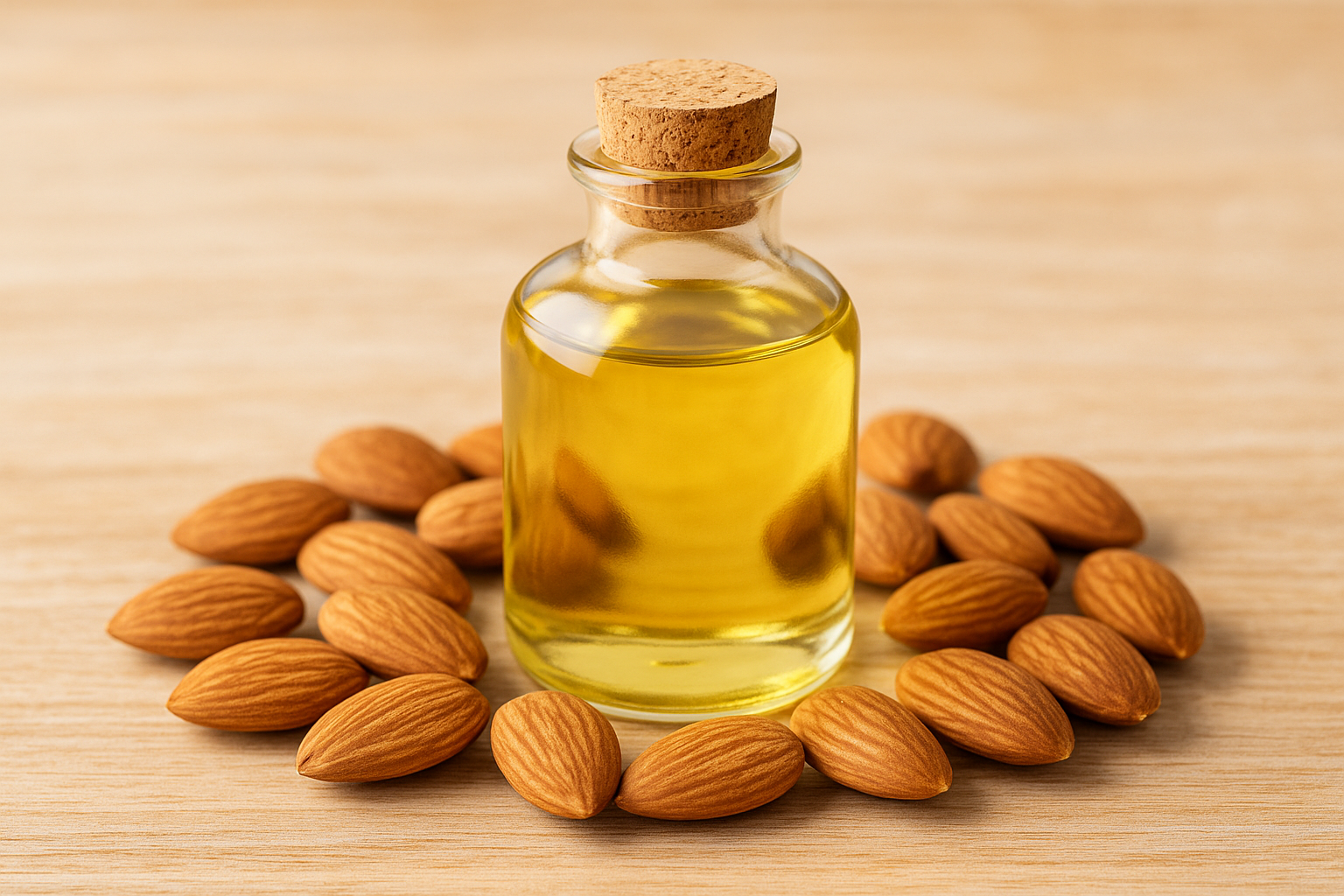
Almond oil has long been a favorite in natural skincare traditions. While almond milk and flour are more common in modern kitchens, almond oil has stood the test of time—used since ancient civilizations for treating dry skin, fading scars, and rejuvenating the skin from head to toe.
In dermatology, almond oil is known as a natural emollient packed with skin-loving nutrients. It’s rich in vitamin E (tocopherol), vitamin D, and essential minerals that help soothe mild inflammation, restore the skin’s protective barrier, and guard against UV damage. According to a cosmetic chemist, this unique blend makes almond oil perfect for deep hydration and a naturally glowing complexion.
Unlike harsh synthetic ingredients, almond oil is gentle and suitable for all skin types, including sensitive skin. With regular topical use, it can improve skin texture, boost elasticity, and give your skin a radiant, healthy glow.
What Is Almond Oil?
Almond oil is extracted from dried almond seeds, usually through a cold-press process to retain its full nutrient profile. It’s highly valued in skincare and wellness for its high concentration of vitamin E and natural antioxidants, which help protect skin cells from environmental stress and free radicals.[1Byrdie: Dermatologists Say Almond Oil Is the Key to Nourished, Supple Skin.]
A skincare expert notes that almond oil has anti-inflammatory properties, making it effective in soothing mild skin irritations. Beyond skincare, it’s also known in nutrition for boosting the immune system—especially during colder months—and supporting heart health thanks to its unsaturated fatty acids, which help lower bad cholesterol levels.[2Kalita S, Khandelwal S, Madan J, Pandya H, Sesikeran B, Krishnaswamy K. Almonds and cardiovascular health: a review. Nutrients. 2018;10(4):468. doi:10.3390/nu10040468.]
With its versatility and natural goodness, almond oil remains a powerful, multipurpose ingredient for both skin and overall well-being.
Types of Almond Oil: Bitter vs. Sweet
There are two main types of almond oil: bitter almond oil and sweet almond oil. Though both come from the same plant, they serve very different purposes.
- Bitter almond oil has a strong aroma and contains active compounds that can be toxic if consumed without proper processing. While not suitable for ingestion, it can be safely used topically in small amounts—especially in aromatherapy, soaps, or massage oils, much like essential oils.[3Allin Exporters: Is Bitter Almond Oil Safe? Understanding the Risks and Precautions!!]
- Sweet almond oil, on the other hand, is lighter, with a mild scent and taste. It’s the preferred option in skincare and haircare due to its rich nutrient content and safe profile.[4Shiko Beauty: What is Sweet Almond Oil and How Is It Used in Skincare.] This variety is often used in moisturizers, facial oils, and cosmetic formulations—and can even be ingested in moderation.
In today’s beauty routines, sweet almond oil is far more popular thanks to its gentle nature and broad benefits for all skin types.
Key Benefits of Almond Oil for Skin Health
Almond oil delivers a wide range of skin benefits thanks to its nutrient-dense profile. Here are some of the top ways it supports healthier, more radiant skin:
- Soothes Irritation and Itchiness
Ideal for conditions like mild eczema or psoriasis, almond oil hydrates deeply and helps relieve discomfort from dry, itchy skin.[5Lin TK, Zhong L, Santiago JL. Anti-Inflammatory and Skin Barrier Repair Effects of Topical Application of Some Plant Oils. Int J Mol Sci. 2017;19(1):70. Published 2017 Dec 27. doi:10.3390/ijms19010070.] - Reduces Inflammation
Its natural anti-inflammatory properties make it a good choice for calming red, irritated, or acne-prone skin. - Revitalizes Dull Skin
As an emollient, it nourishes tired skin and brings out a fresh, healthy glow. - Improves Skin Tone
Regular use may help reduce uneven skin tone, supporting a brighter and more even complexion. - Antioxidant-Rich Protection
With vitamin E, magnesium, and copper, almond oil helps fight damage from pollution and environmental stressors. - Helps Prevent Stretch Marks
While not a cure, almond oil may reduce the appearance or risk of stretch marks by enhancing skin elasticity.[6Hajhashemi M, Rafieian M, Rouhi boroujeni HA, et al. The effect of Aloe vera gel and sweet almond oil on striae gravidarum in nulliparous women. J Matern Fetal Neonatal Med. 2018;31(13):1703-1708. doi:10.1080/14767058.2017.1325865.] - Locks in Moisture
Acting as a natural sealant, it locks in hydration and keeps your skin smooth, soft, and dewy throughout the day.
Potential Side Effects of Almond Oil on the Skin
While almond oil is generally considered safe and gentle, there are a few important precautions to be aware of before incorporating it into your routine:
- Nut Allergies
If you’re allergic to tree nuts, especially almonds, topical use of almond oil may still trigger allergic reactions like rashes, itching, or even severe responses. A dermatologist warns that even skin contact can mimic the effects of ingestion in sensitive individuals. Discontinue use immediately and seek medical help if symptoms appear. - Acne-Prone or Sensitive Skin
Although almond oil is classified as non-comedogenic (won’t clog pores), some people with acne-prone or ultra-sensitive skin may still experience breakouts. If you notice irritation or new blemishes, consider switching to a lighter, oil-free moisturizer.
Pro Tip: Always do a patch test before using almond oil regularly on your face or body. This simple step can help avoid adverse reactions and keep your skincare routine safe and effective.
How to Use Almond Oil for Skin
Sweet almond oil is lightweight, fast-absorbing, and gentle enough to be applied directly to the skin. According to skincare experts, its mild nature makes it an excellent natural moisturizer—even safe for sensitive skin and babies.
Beyond direct application, almond oil is also a popular ingredient in various beauty products. You’ll find it in face cleansers, creams, lotions, and even bath oils. Here are a few well-known products that feature sweet almond oil:
- L’Occitane Almond Shower Oil – a luxurious body cleanser that deeply hydrates while cleansing.
- Burt’s Bees Hydrating Sweet Almond Lip Oil – a soothing lip treatment with a soft finish.
- Irene Forte Almond Cleansing Milk – a gentle facial cleanser ideal for dry or sensitive skin.
You can also mix almond oil into your daily moisturizer, use it as a massage oil, or apply it after showering to lock in hydration and maintain soft, supple skin all day long.






 Acne
Acne Anti-Aging
Anti-Aging Business
Business Digital Marketing
Digital Marketing Economics
Economics Exfoliation
Exfoliation Hair Removal
Hair Removal Movies
Movies Personal Finance
Personal Finance Websites
Websites
